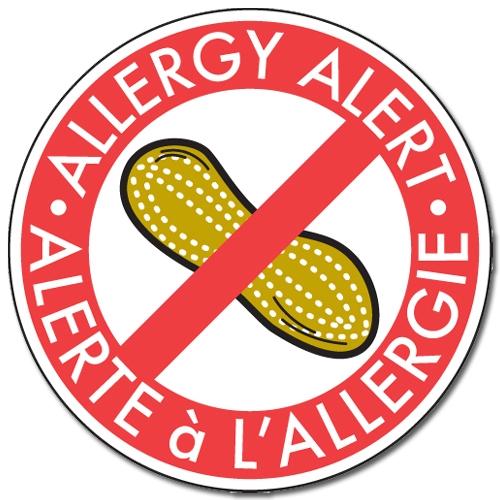After exposure, the symptoms start with an irritating rash. Then, they continue to escalate into swelling of the esophagus and trachea, and soon the airway can be completely cut off, leaving a person gasping for air. These are the a few of the many symptoms of anaphylaxis a person experiences after exposure to an allergen.
According to the food and allergy research organisation, one of the most commonly sever allergies is the peanut allergy, affecting approximately three million Americans. It may seem that this is a relatively small part of the population; however, for a chronic illness this is a relatively high number. Just in the past 13 years the number of people with a peanut allergy had quadrupled.
Even though peanut allergies have become more prevalent among people in the United States, some public schools have still not changed their policies to create a safe environment for students with peanut allergies. Some people might argue that students are responsible enough to handle having peanut products at school while keeping their classmates safe; however, the lack of knowledge about allergens among students poses a high risk to those students with severe peanut allergies. Students are unaware that peanut oils can stay on surfaces up to three hours after touching a peanut product.
In the last few years there have been multiple reports of peanut allergen related death in the United States such as 19-year-old Oakland University student, Chandler Swink, dying after coming into contact with peanut butter cookies at his friend’s apartment last fall. Examples like this show that even when an adult and his friends are aware of his peanut allergy, fatal exposure can still occur.
Under the American Disabilities Act, students have a right to have accommodations for their allergen to give them a safe learning environment. Having an allergen is considered a disability and public schools are required to try and make the atmosphere safe as possible.
Although it may be difficult for some students to give up their peanut butter and jelly sandwiches and their Keebler peanut butter crackers, but their sacrifice could save a peer’s life. It only takes one small mistake for exposure to occur, but the grief of accidentally killing a friend could last a lifetime. In the future medicine may be able to lessen the severity of allergens such as the protein in peanuts, but for now the best way to protect the students at school is to ban peanut products all together.




